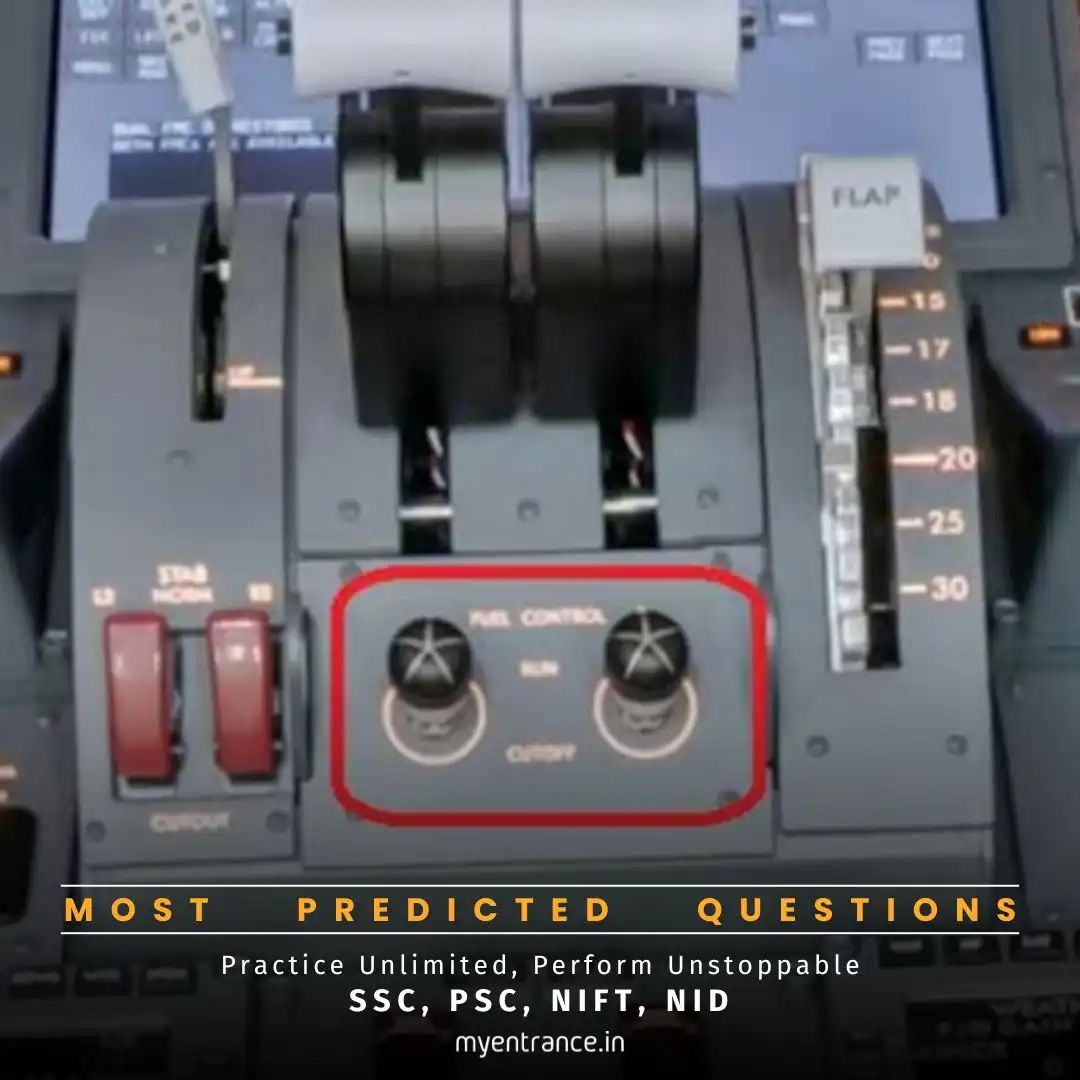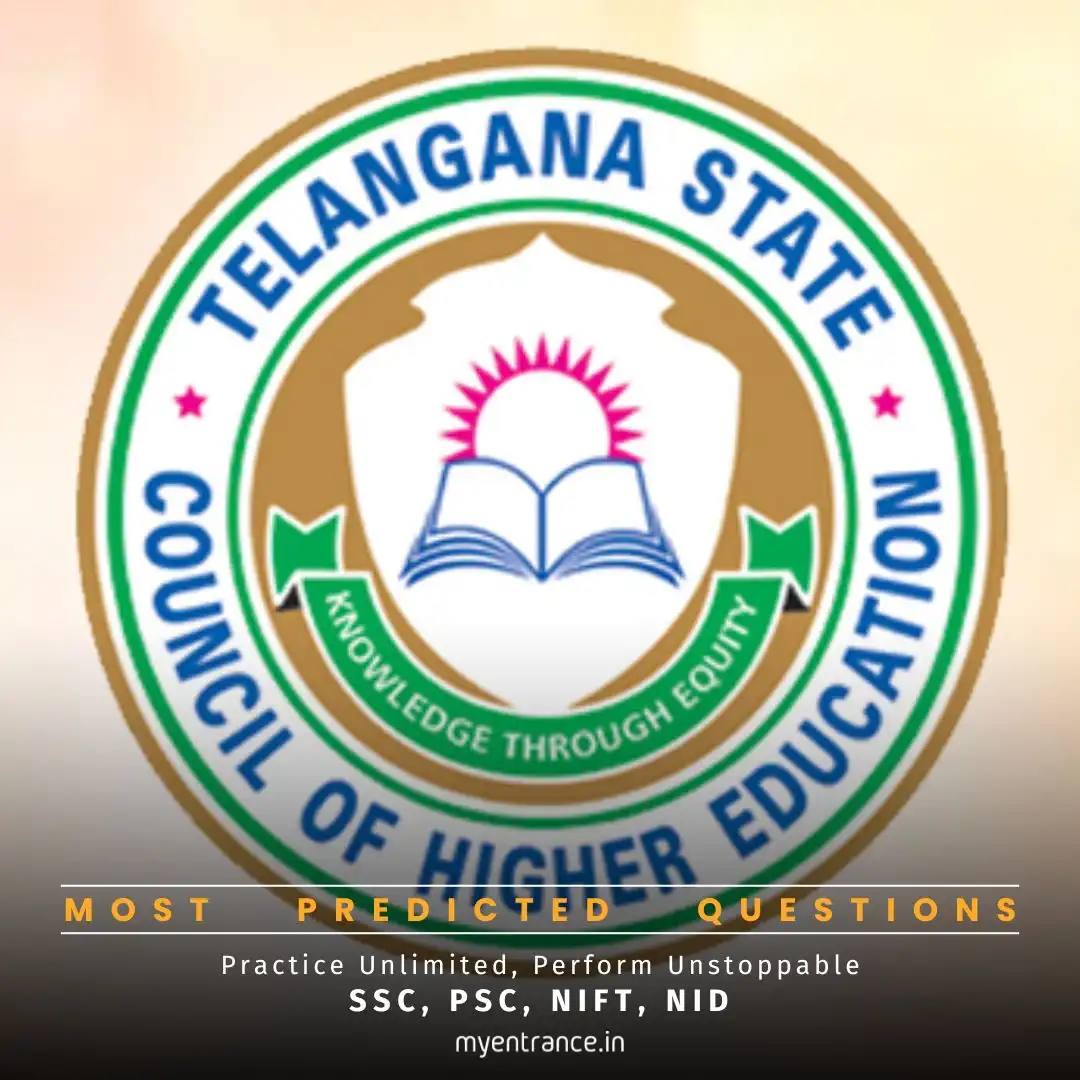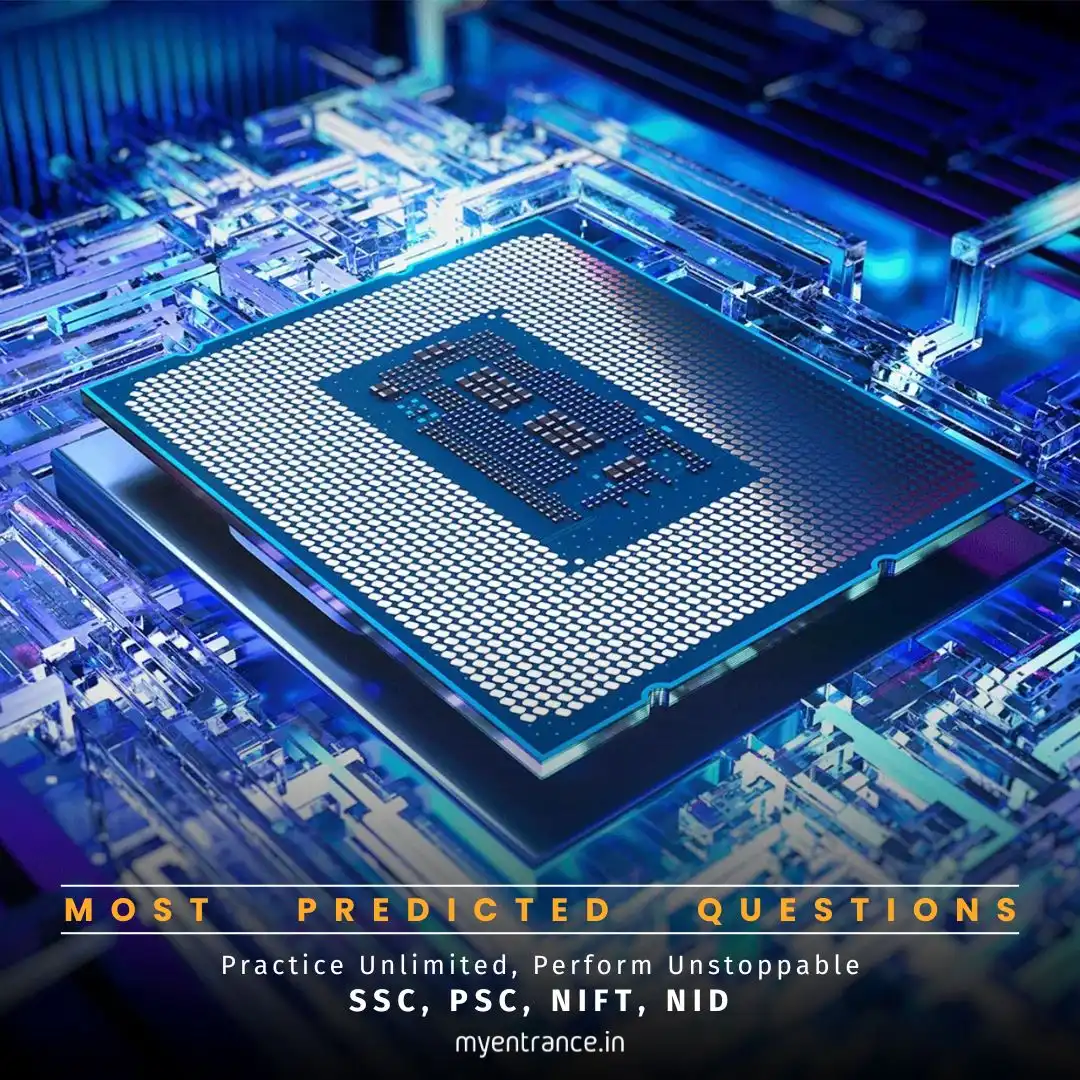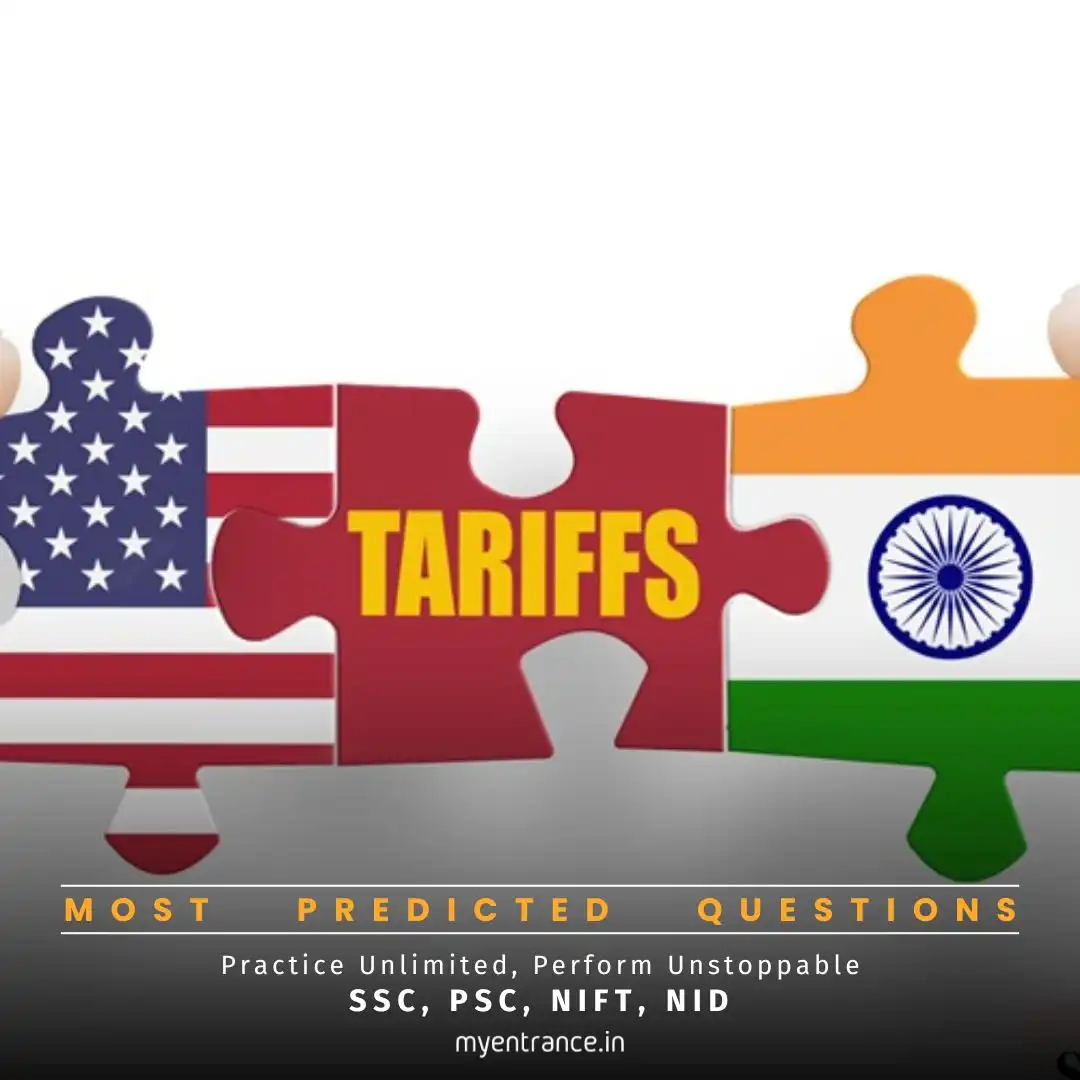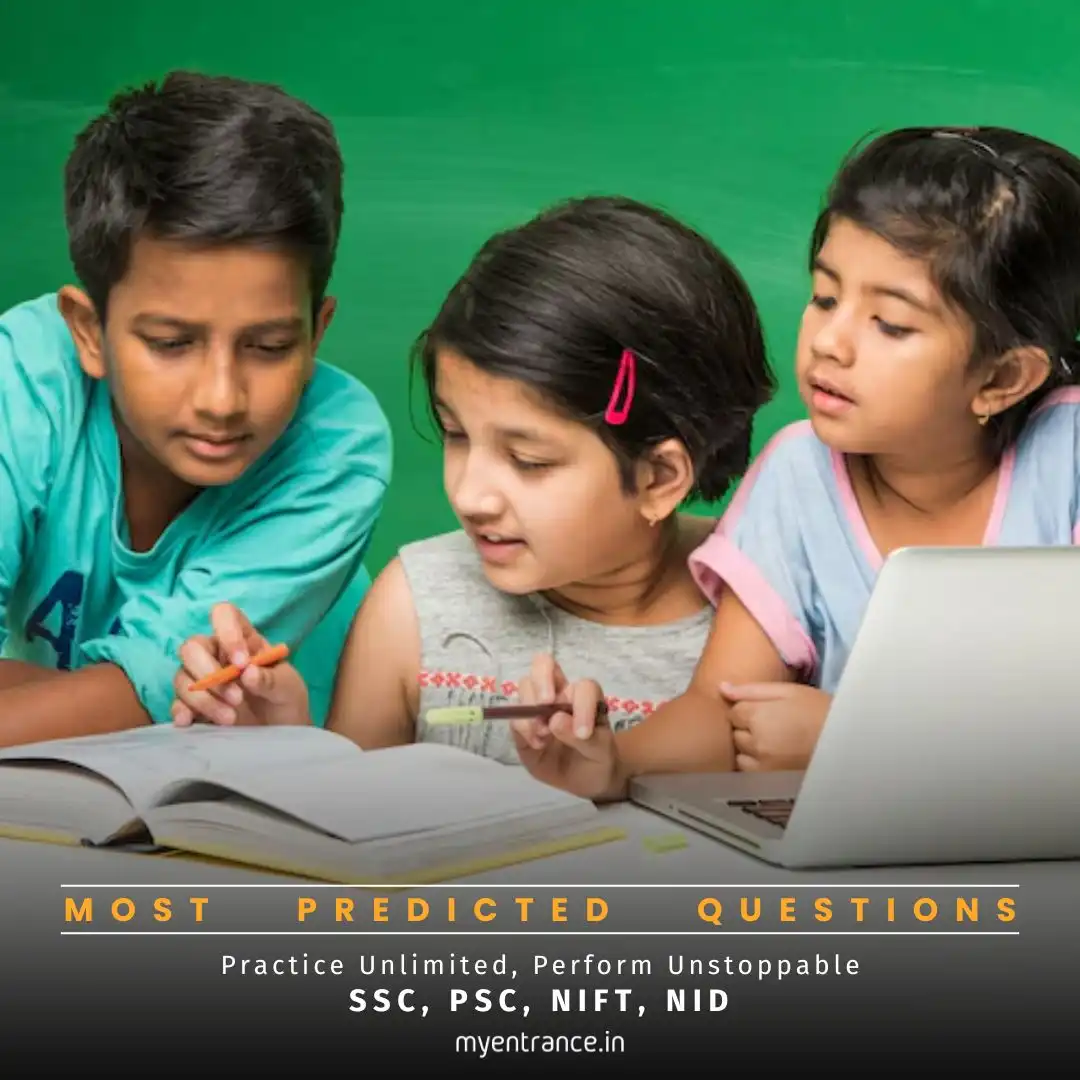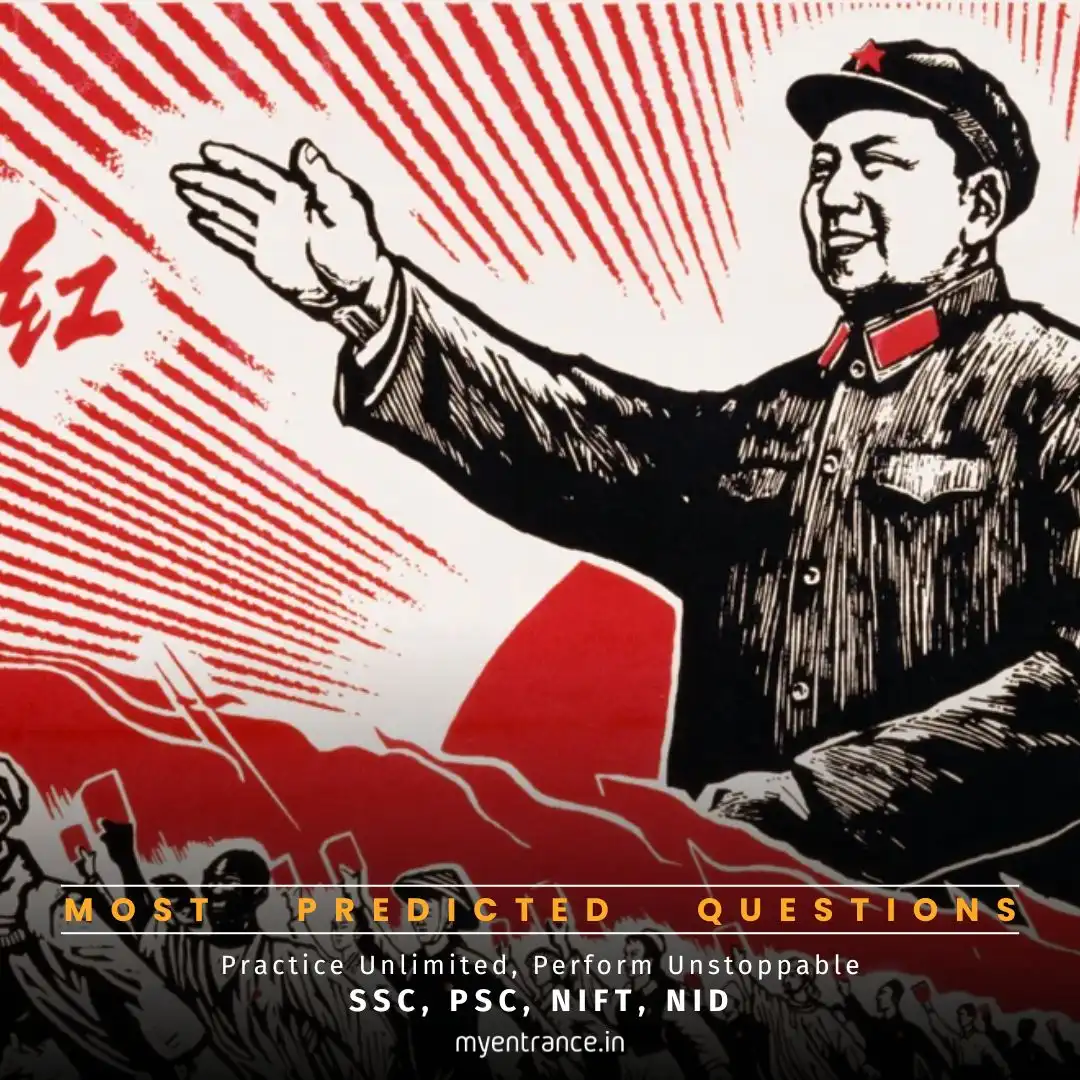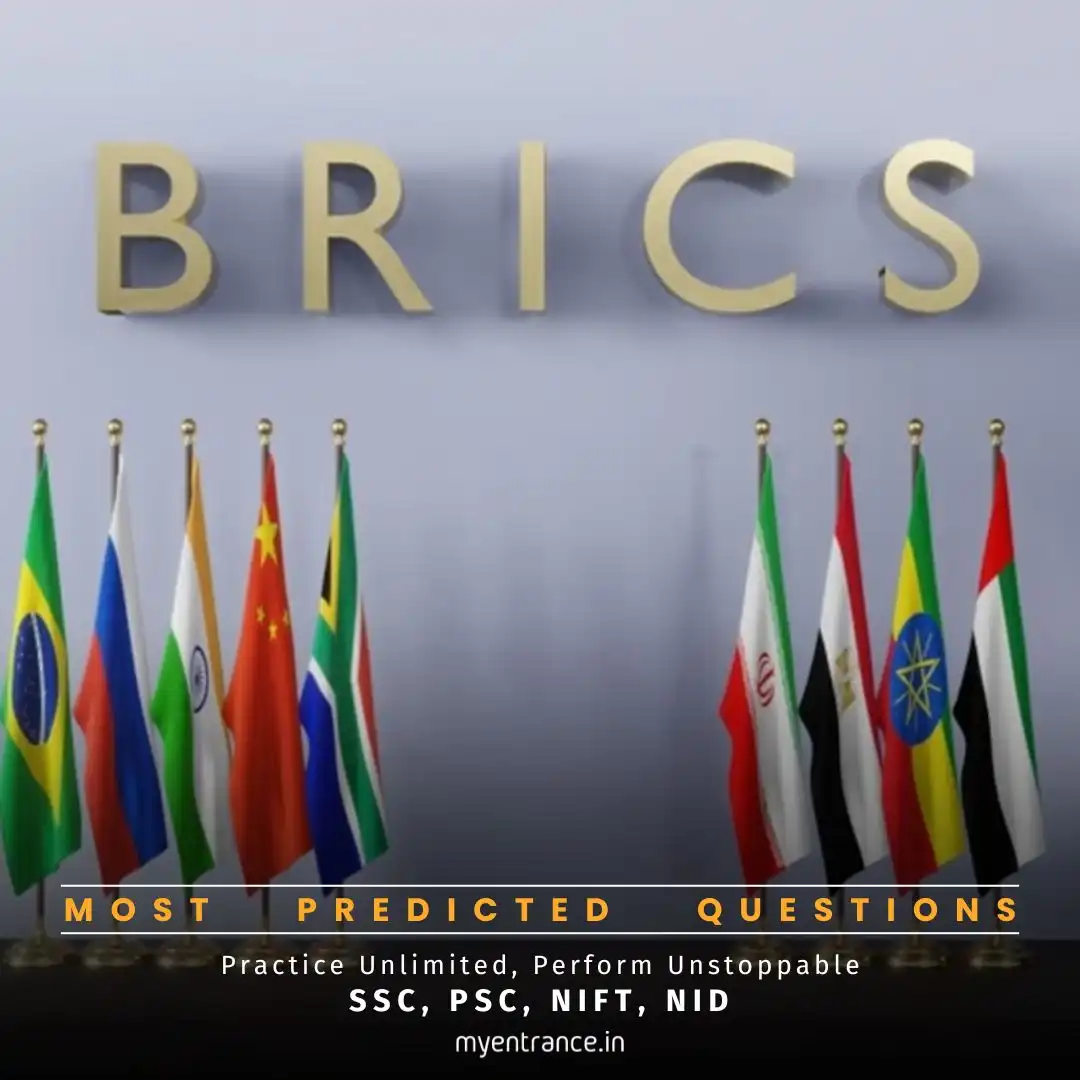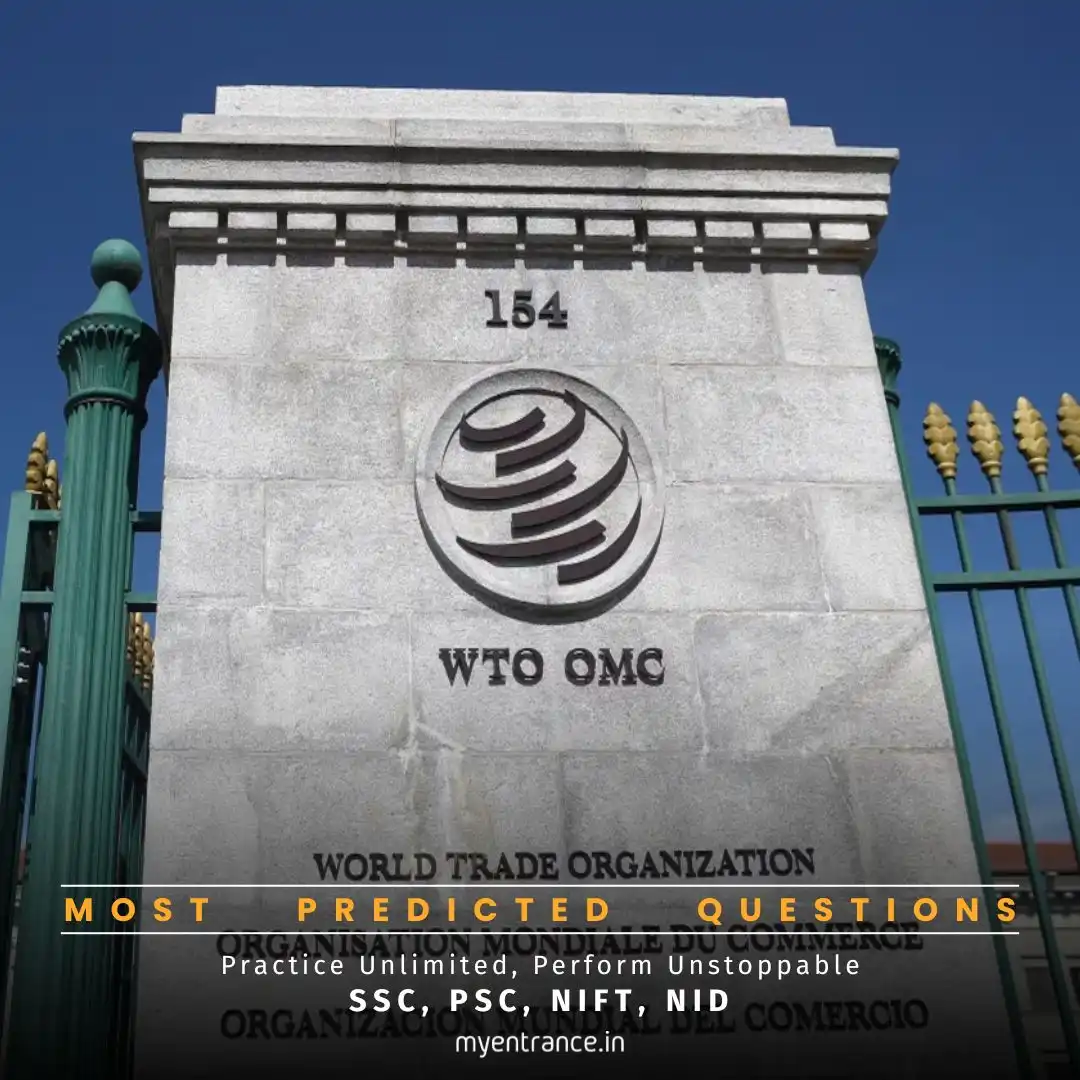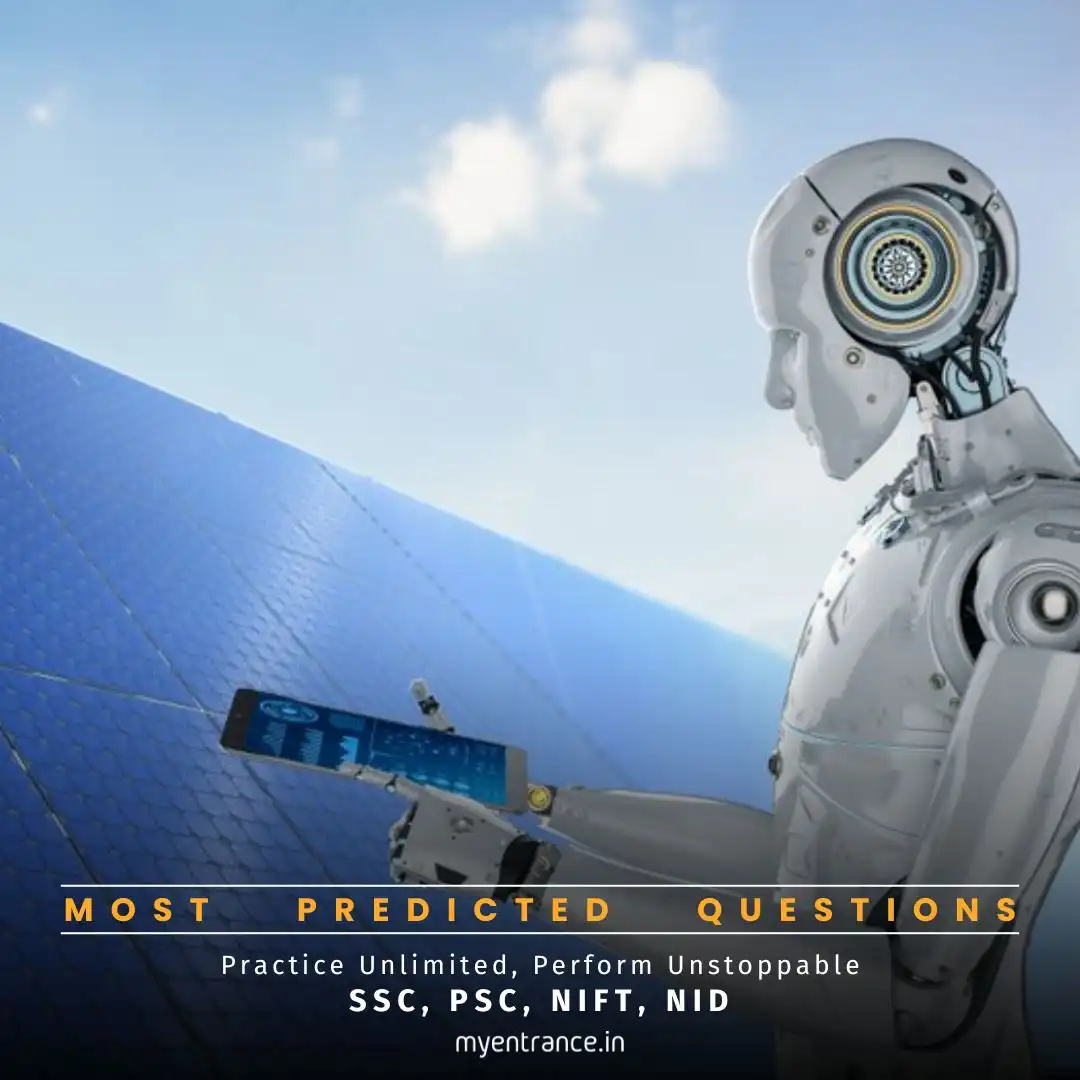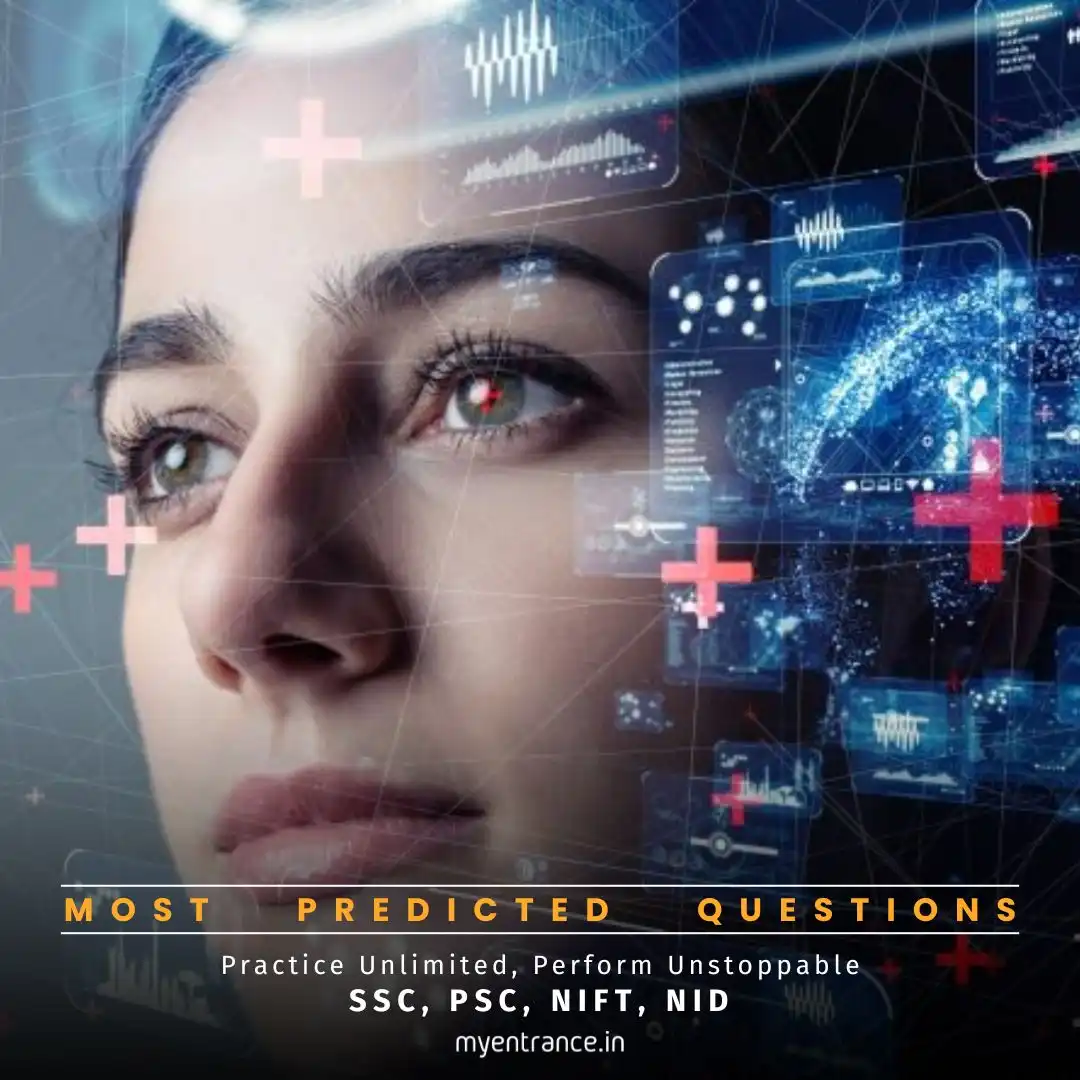Translate Language
Why is the Supreme Court Pushing for Aadhaar, Voter ID, and Ration Cards in Electoral Rolls?
The Supreme Court has permitted the Election Commission of India (ECI) to continue its Special Intensive Revision (SIR) of electoral rolls in Bihar, recommending the addition of Aadhaar, voter ID, and ration cards as acceptable documents. This move aims to enhance voter registration accuracy and curb electoral fraud.
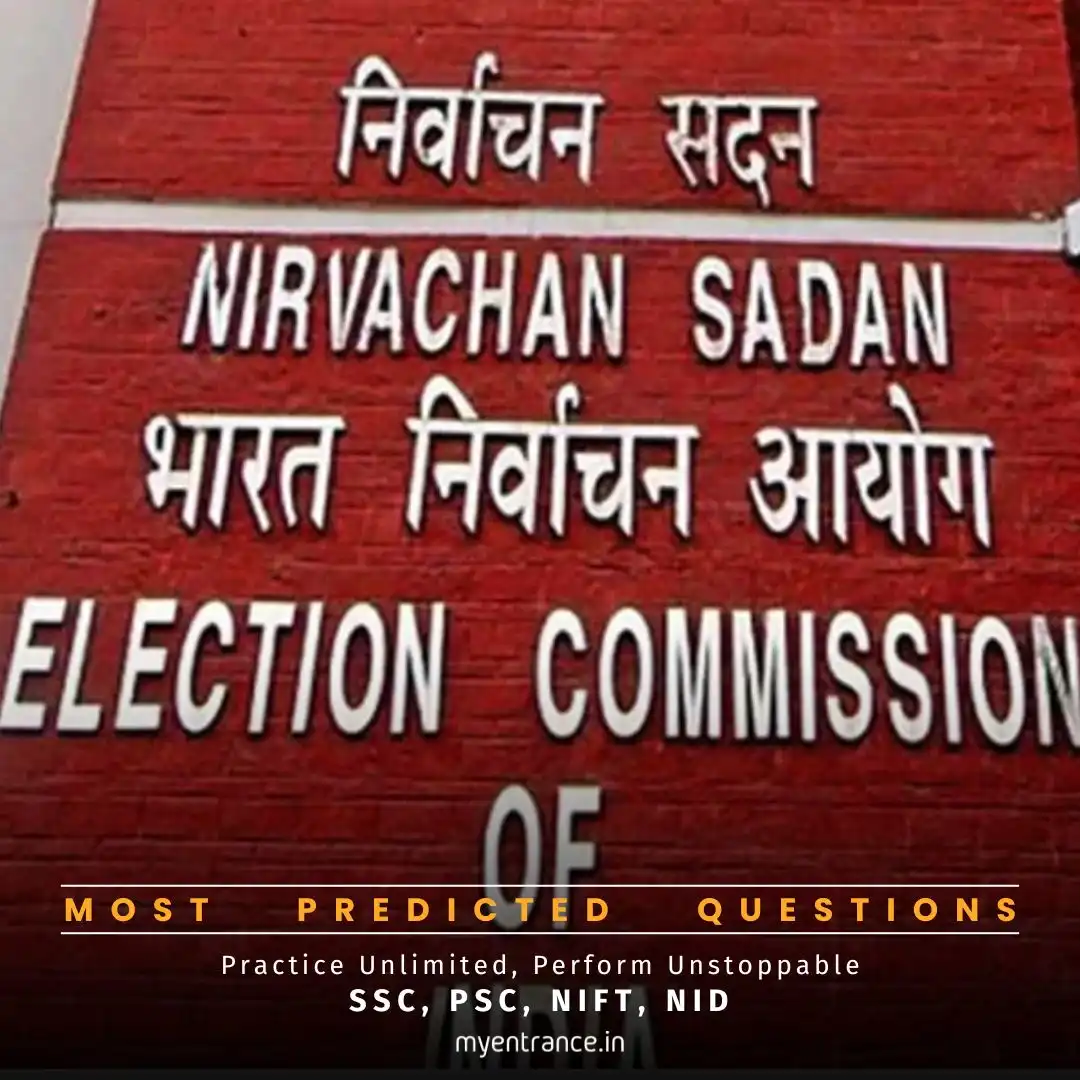
Key Highlights of the Supreme Court’s Decision
The Supreme Court refused to halt the ongoing electoral roll revision in Bihar but advised the ECI to consider Aadhaar, voter ID, and ration cards for verification.
The court emphasized that if the ECI rejects these documents, it must provide valid reasons.
The next hearing is scheduled for July 28, before the draft electoral roll is published.
What is a Special Intensive Revision (SIR)?
Unlike routine revisions, an intensive revision involves a complete overhaul of electoral rolls through house-to-house verification. The current SIR in Bihar is unique because:
It combines door-to-door checks with summary revision methods.
It mandates documentary proof at the initial enumeration stage—a first in India’s electoral history.
This hybrid approach ensures greater accuracy in voter lists.
Why is Bihar Chosen for This Revision?
Bihar is due for Assembly elections before November 2024, making it a priority.
The ECI plans to expand this nationwide—the first such exercise in over two decades.
How Does This Ensure Free & Fair Elections?
Reduces duplicate or fake voters by cross-verifying documents.
Increases transparency by linking voter identities with Aadhaar, ration, and voter cards.
Strengthens electoral integrity, ensuring only eligible voters participate.
Sample Questions & Answers for Competitive Exams
1. What is the significance of the Supreme Court’s suggestion to include Aadhaar in electoral rolls?
Answer: It helps eliminate duplicate voters and enhances the accuracy of voter lists.
2. How does an ‘intensive revision’ differ from a ‘summary revision’?
Answer: An intensive revision involves house-to-house verification, while a summary revision updates existing rolls with minor corrections.
3. Why is Bihar undergoing a Special Intensive Revision (SIR)?
Answer: Due to upcoming Assembly elections and the need for a clean, fraud-free voter list.
4. Which legal provision allows the ECI to conduct an SIR?
Answer: Section 21(3) of the Representation of the People Act, 1950 grants the ECI discretionary powers for roll revisions.
5. How does linking ration cards with voter IDs improve electoral fairness?
Answer: It provides an additional layer of identity verification, reducing bogus voting.
Why is This Important for Exams?
SSC/PSC: Questions on electoral reforms, ECI’s powers, and Supreme Court interventions are common.
UPSC (Polity & Governance): Understanding electoral roll revisions is crucial for GS Paper II.
NID/NIFT/FDDI (General Awareness): Current affairs on governance and legal updates are frequently asked.
This revision is a major step toward transparent and fraud-free elections, making it a hot topic for competitive exams. Stay updated for more insights!
Get 3 Months Free Access for SSC, PSC, NIFT & NID
Boost your exam prep!
Use offer code WELCOME28 to get 3 months free subscription. Start preparing today!
